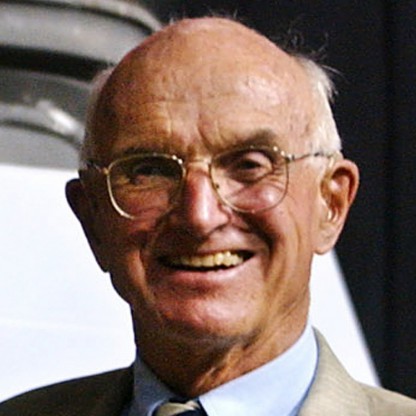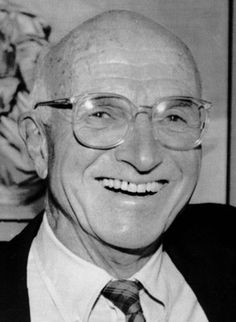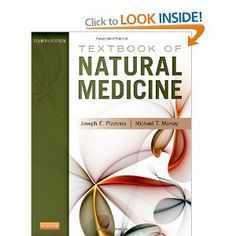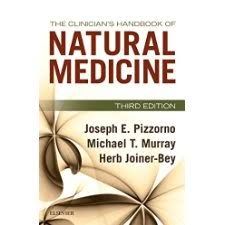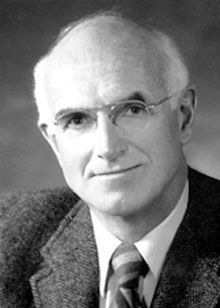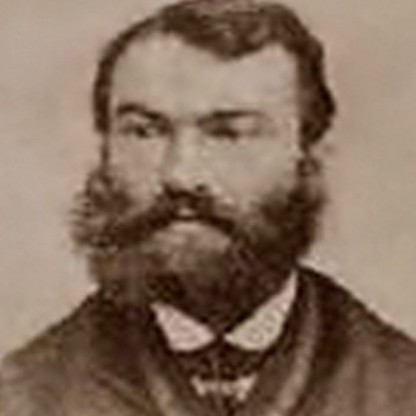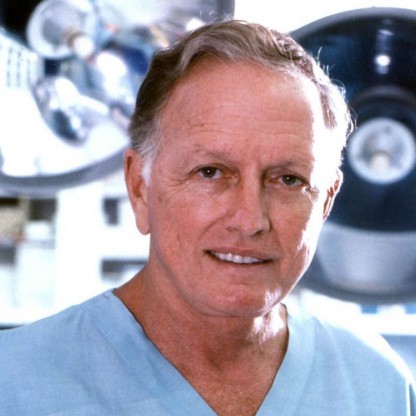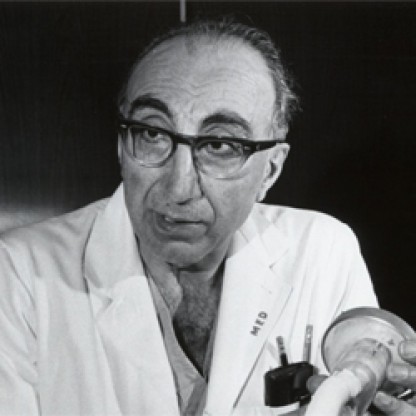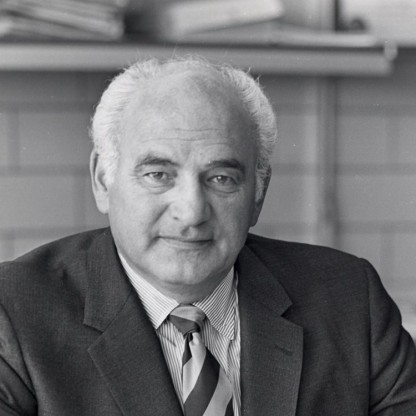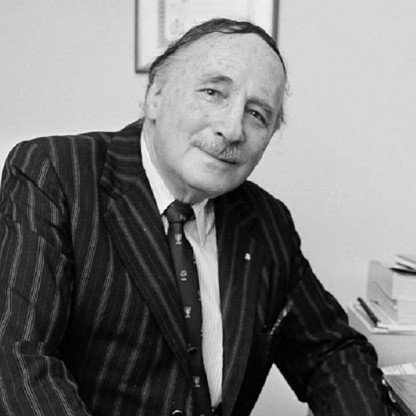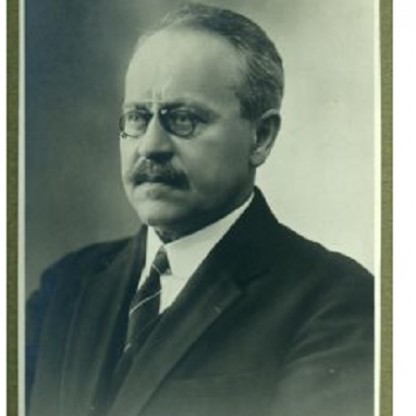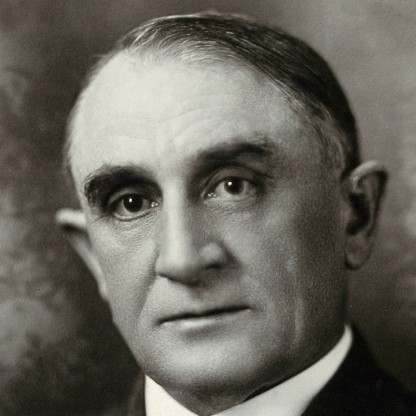On December 23, 1954, Murray performed the world's first successful renal transplant between the identical Herrick twins at the Peter Bent Brigham Hospital (later Brigham and Women's Hospital), an operation that lasted five and a half hours. He was assisted by Dr. J. Hartwell Harrison and other noted Physicians. In Operating Room 2 of the Peter Bent Brigham Hospital, Murray transplanted a healthy kidney donated by Ronald Herrick into his twin brother Richard, who was dying of chronic nephritis. Richard lived for eight more years, following the operation. In 1959, Murray went on to perform the world's first successful allograft and, in 1962, the world's first cadaveric renal transplant.

